Science fiction is a genre all about speculation, making educated guesses about the ever-advancing tide of growth and the indifferent march of time. What does it say about mankind that when most of the human race's creative minds look toward what's to come, they imagine a cold gray abyss?
Charlie Brooker has made much of his career out of satirizing both the modern social climate and the creative output of other people. Years ago, his critical eye was much more heavily focused on TV, with writing credits on series like Brass Eye and Screenwipe. His most well-known contribution to the culture is the hugely popular Netflix series Black Mirror. The show has so effectively claimed dominion over critiques of technology that its title is shorthand for the concept. Socially conscious horror is the best overarching camp to place the work in, but as an anthology, every episode is a bit different from the others. The trouble is, most of them end with the same thesis statement; technology is the downfall of society and a vector for cruelty.
Season 3, Episode 4: "San Junipero" was written by Brooker and directed by Owen Harris, who also directed the outstanding season 2 episode "Be Right Back". The episode chronicles the whirlwind love affair between shy introvert Yorkie and charismatic party girl Kelly in a beautiful 80s tinged beach town. The imagery is awash in blue and pink neon and outdated fashion, the pair's romance is electric, it feels like the full-length adaptation of a good pop song. The trademark twist comes around the halfway point, as it is revealed that San Junipero is a virtual environment. Its denizens are either elderly or deceased, allowed to briefly enjoy or permanently inhabit a younger version of themselves in cyberspace. The conflict comes as Kelly reveals that she will soon die and that she plans to die without uploading herself to the simulation. The love that the pair share convinces Kelly to change her mind, upload herself to San Junipero, and live forever with her new bride.
"San Junipero" won two Primetime Emmys, received overwhelmingly positive responses from critics, and was the most popular episode of the series upon release. It is a masterpiece. Simultaneously an excellent work of science fiction, a heartwarming romance, a lively 80s daydream, and an unabashed work of optimism. Praise was heaped upon lead actors Gugu Mbatha-Raw and Mackenzie Davis, who communicate the emotional drama of the piece flawlessly. Both have gone on to a variety of huge projects. Davis plays Grace in Terminator: Dark Fate and stars in Station Eleven, while Mbatha-Raw recently held a big role in Loki. The performances elevate the text, but the overall story is incredibly powerful.
It's the optimism that makes "San Junipero" stand out amongst the Black Mirror catalog. The majority of stories told throughout the series' five seasons focus on the downfalls of humanity's relationship with technology. Killer robots, malicious hacking, cybernetic implants, dystopian future wastelands, and all manner of cruelty delivered through the medium of internet interaction. The flagship episode of Black Mirror is probably "Nosedive", a heavy-handed satirical commentary about social media. So much of the series is dedicated to pointing and laughing at internet culture or dramatic doomsaying about futuristic developments taking the concept to extremes. It often feels cynical, and at worst, needlessly mean. "San Junipero" is the outlier, because it represents hope, where the series' thesis is almost always grim.
Sci-fi has never been rife with optimism. Sure, plenty of science fiction stories have happy endings, at least for the main cast, but survival is typically the best they can hope for. Even when the heroes overcome the danger or win the day, they very rarely fix the societal problems that hang over the horizon. Black Mirror often starts and ends with the central premise that mankind inevitably creates a tool that they will use to destroy themselves and each other. "San Junipero" is about two people finding love as a result of the fabulous creations of the future. It's about the wonders of life, as experienced through the magic of neural implants. There are no questions about the nature of humanity after the body dies. There's no miserable pontification about the morality of immortality. Yorkie and Kelly are in love, and that pure, human experience is all that matters in the future as it is today.
The thing that really draws the unique perfection of "San Junipero" into focus is the fact that, in its original screenplay, it wasn't set to have that happy ending. Brooker's original take on the narrative ended with Kelly and Yorkie meeting in person for the first time. Young love is cut tragically short by the sudden revelation that both parties are elderly. Age still takes its inescapable toll, nothing lasts forever, all technology could do is comfort them before the end. But Brooker went further. The final shots of the episode, playing out over the credits and scored with Belinda Carlisle's magnum opus "Heaven is a Place on Earth", are of a wall of computer servers. Kelly and Yorkie live forever in perfect bliss because mankind wielded technology to hand-craft heaven on earth. It's perfect, and it's the perfect examination of what science fiction creators can do when they abandon cynicism and embrace optimism.

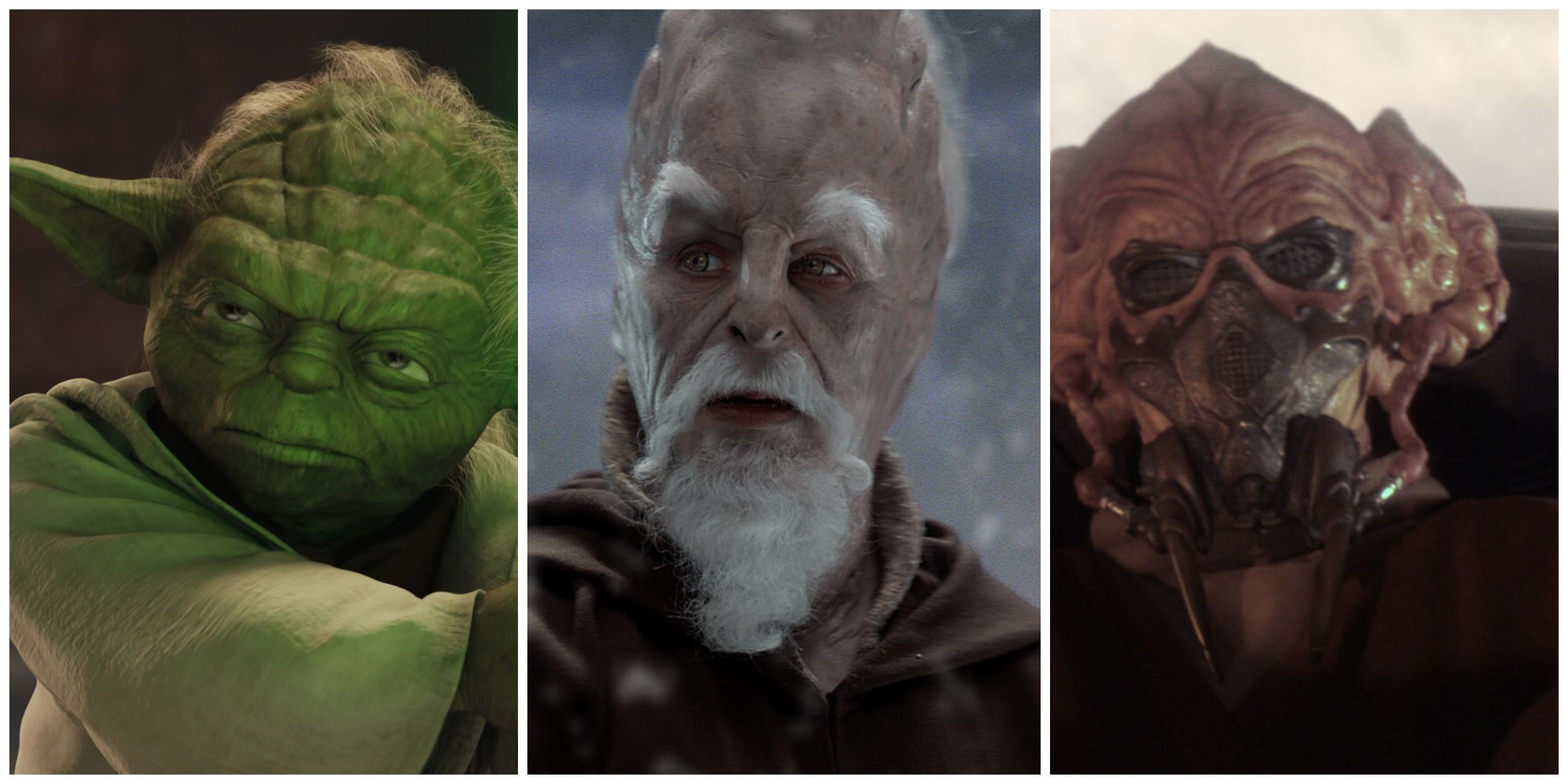
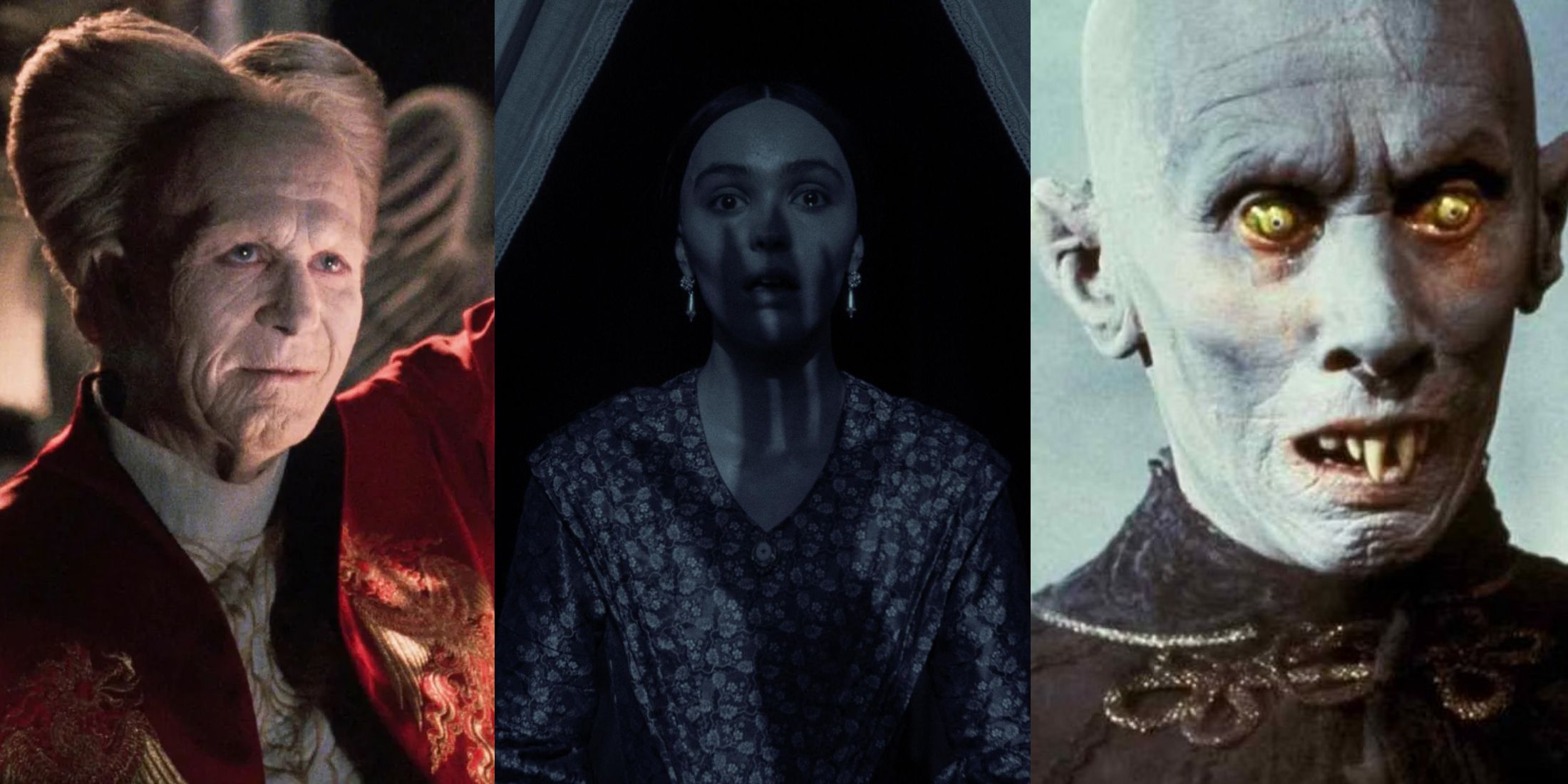
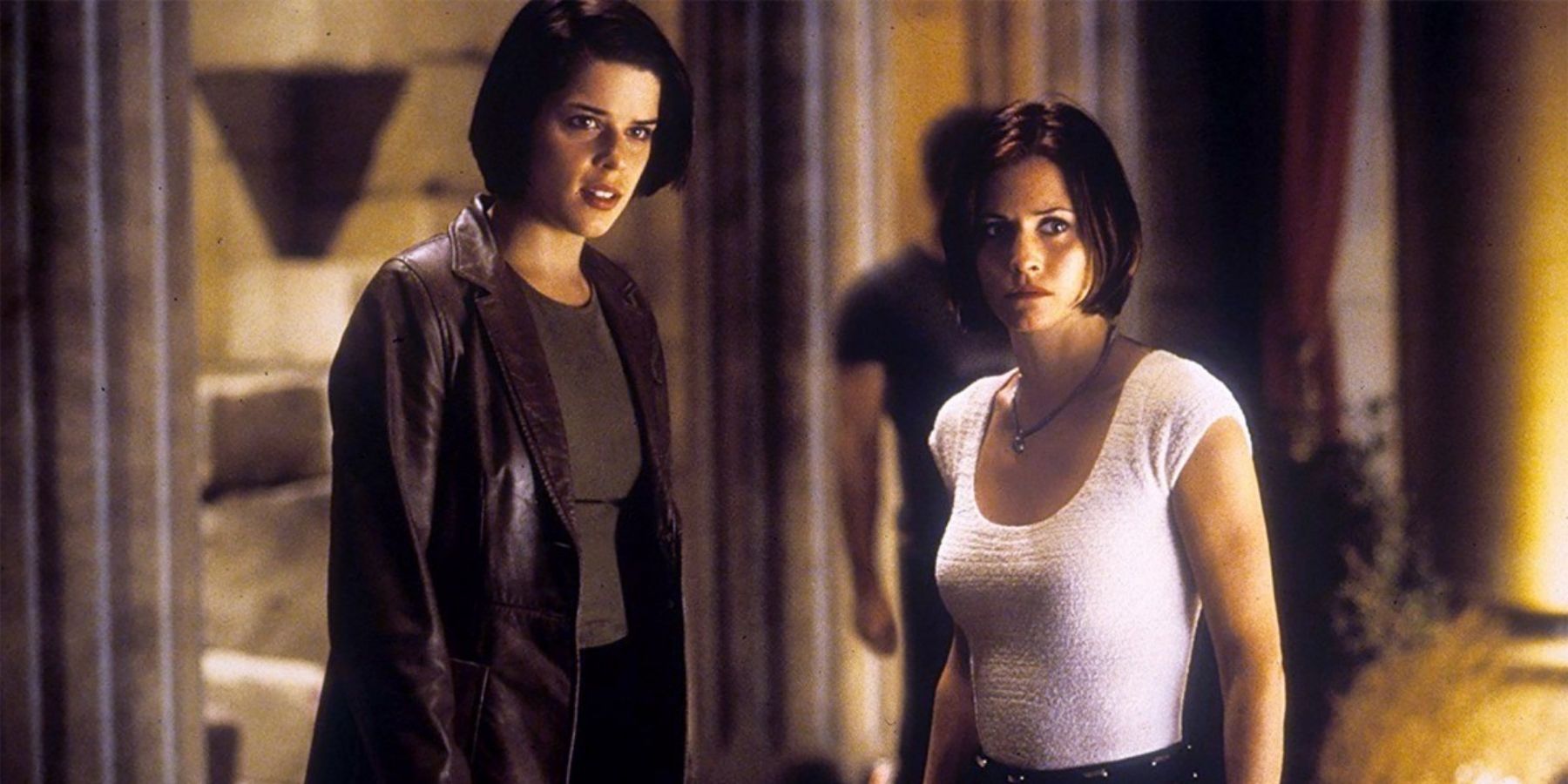
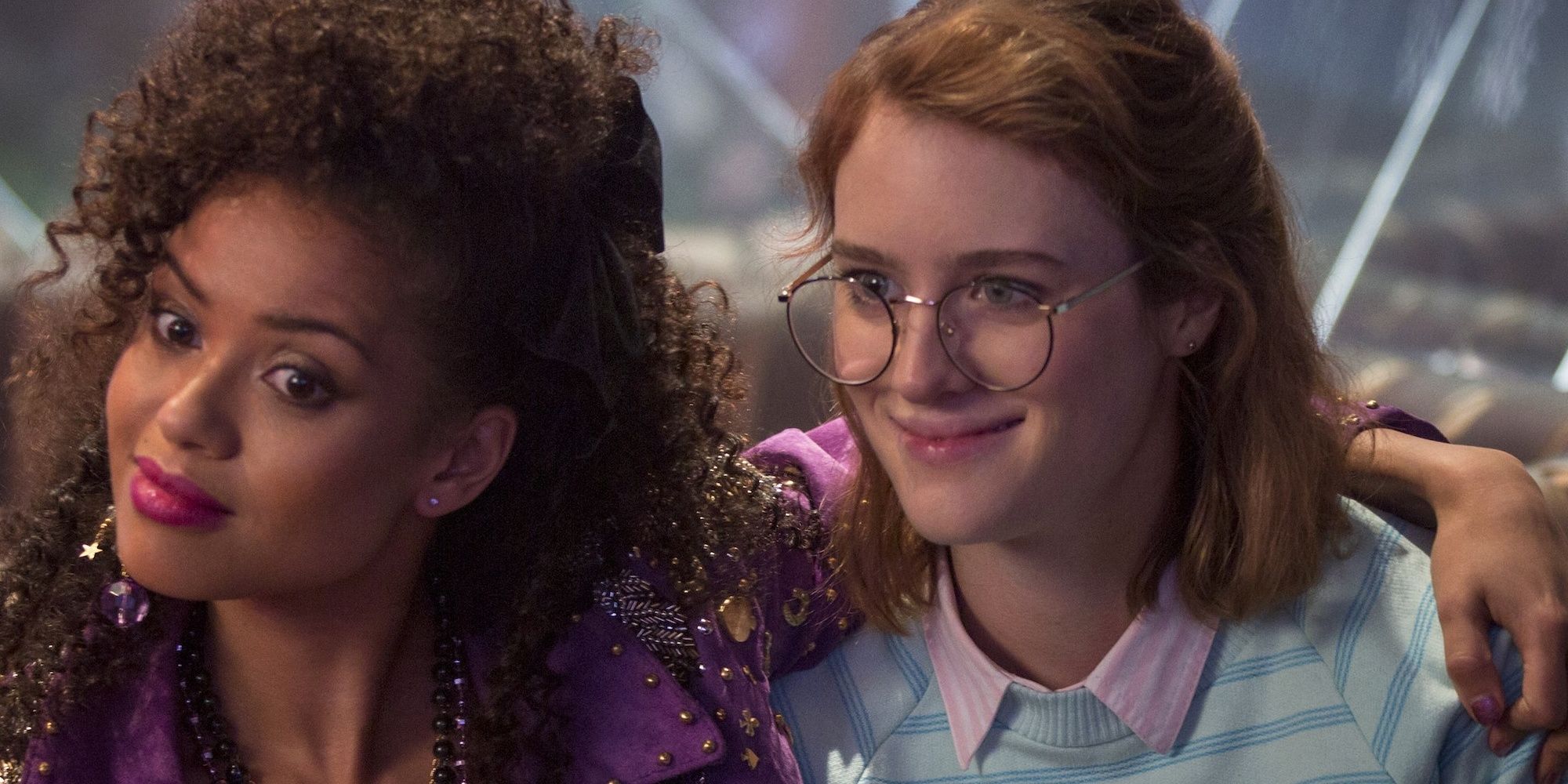
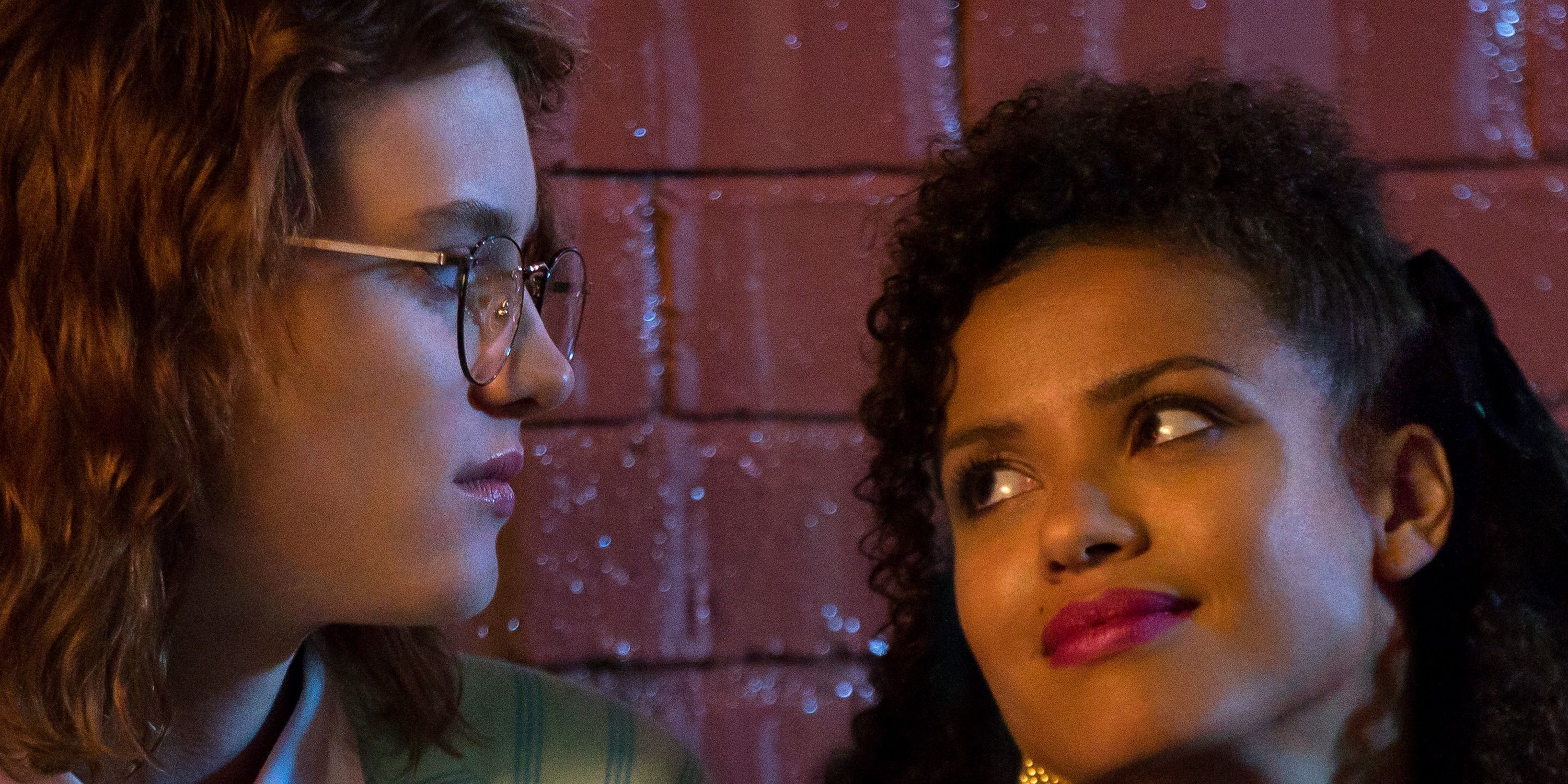
.jpg)